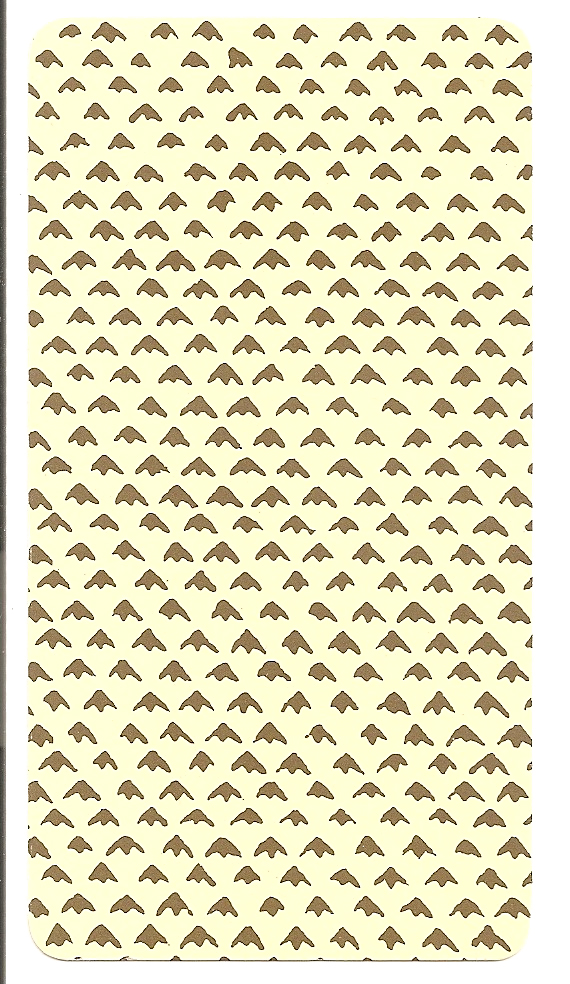We don't know, when the dog was born. I would assume that the dog "Tarot" likely came with the second wife, which was of a French speaking region ... and Agrippa was then in this French speaking region. Generally one should assume, that Agrippa had (later) so much dogs, cause he desired protection for his wife.Ross G. R. Caldwell wrote:I find that less convincing than the dog's coat explanation. Yours doesn't explain the choice of name (how did the dog resemble a card game?), nor why he chose a French form over the Italian, if he encountered it through Italians.Huck wrote: ... see the Isabella d'Este collection, Post 3.
viewtopic.php?f=11&t=432
Well, can you point to an early dated quote, where "Tarot" or "Tarotus" is used to mean "spotted"? ....
Can we point to early quotes, where "Tarot" or similar words mean a playing card deck? Yes, variously.
Can we point to quotes, where Tarot is used as a dog name? Yes, two times by Agrippa.
Is it true, that Agrippa knew the cards? Yes, very probably.
Is it true, that Agrippa knew the word "Tarot" as "spotted like the eyes of a die"? How should we know that? ...


